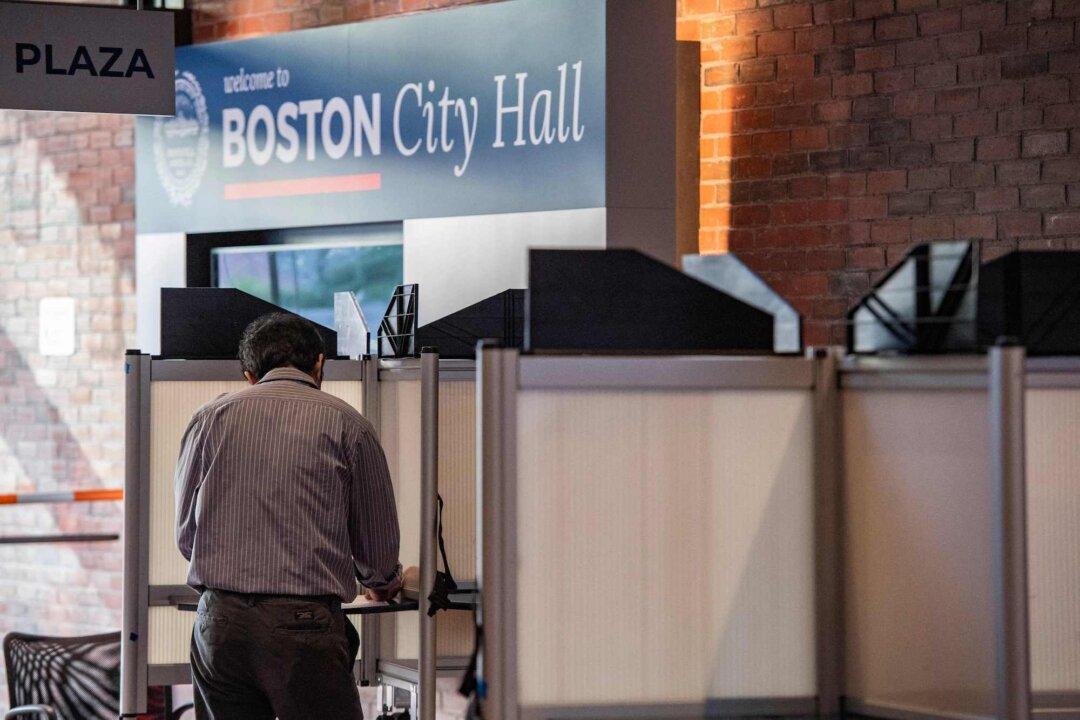A citizenship question included in the state-mandated annual census of all Massachusetts residents has proved to be an effective tool in cleaning the voter rolls of ineligible registrants.
From the city of Boston to the smallest towns in the commonwealth, once a year, local officials are required by law to compile a resident listing (sometimes known as a street listing) of who lives where within their community.





